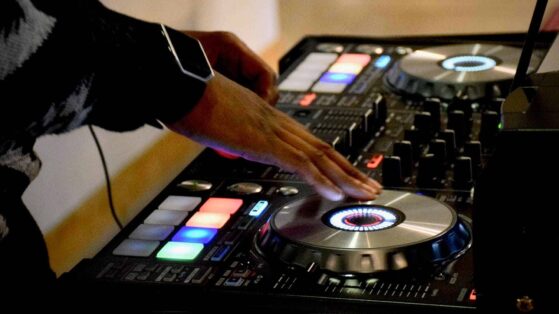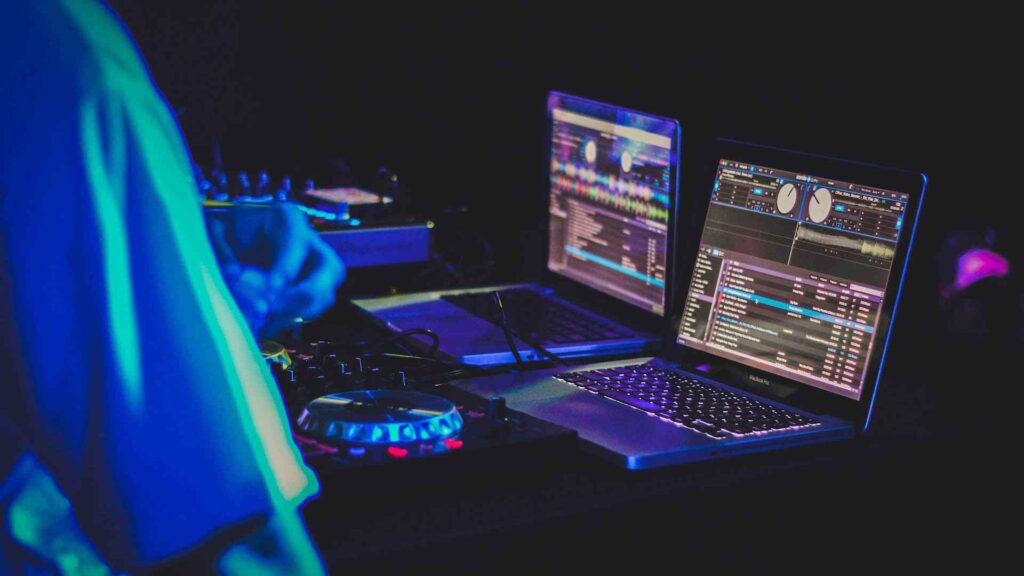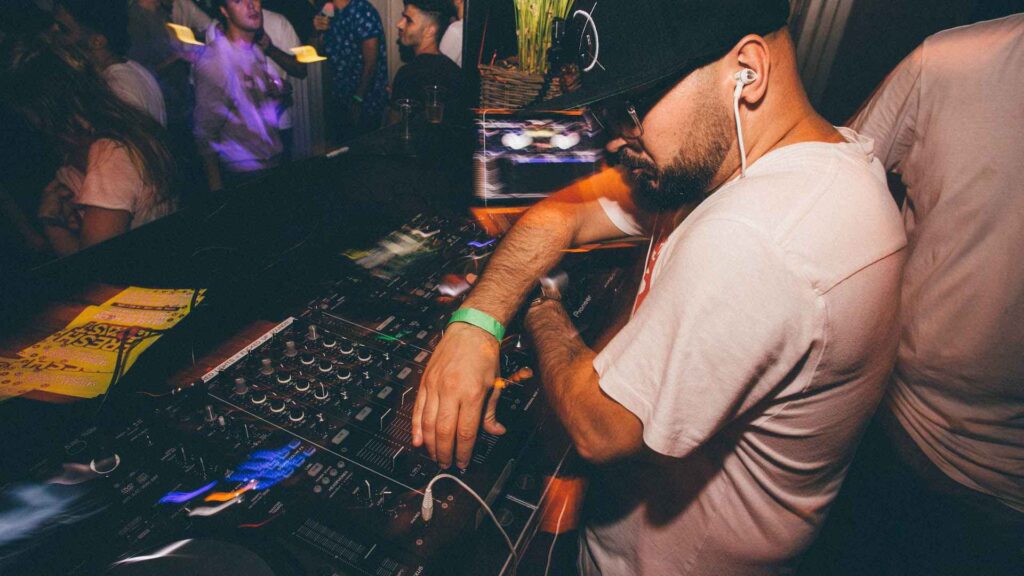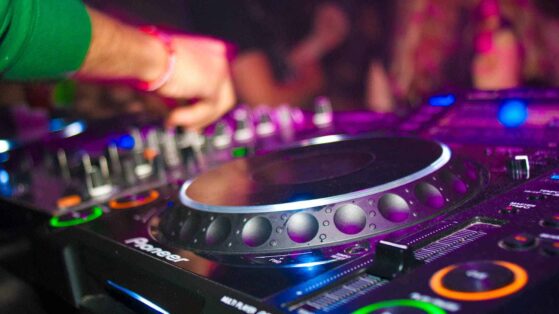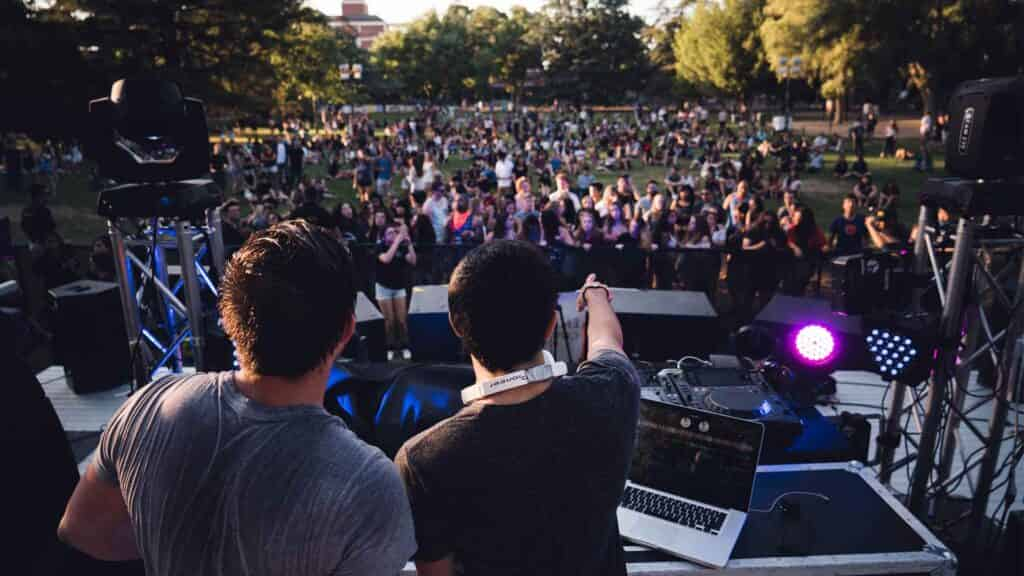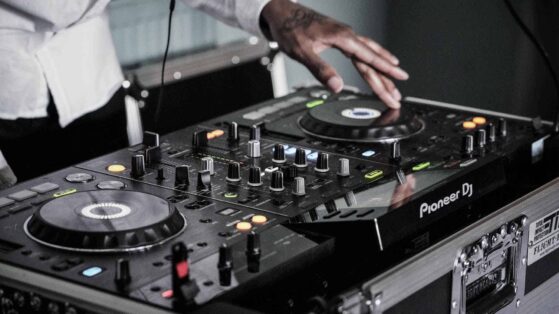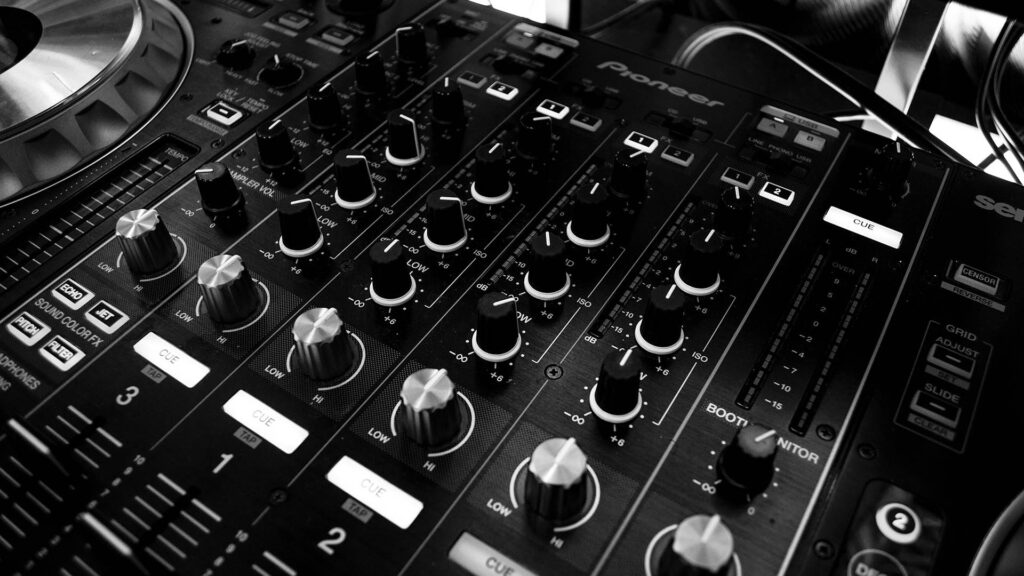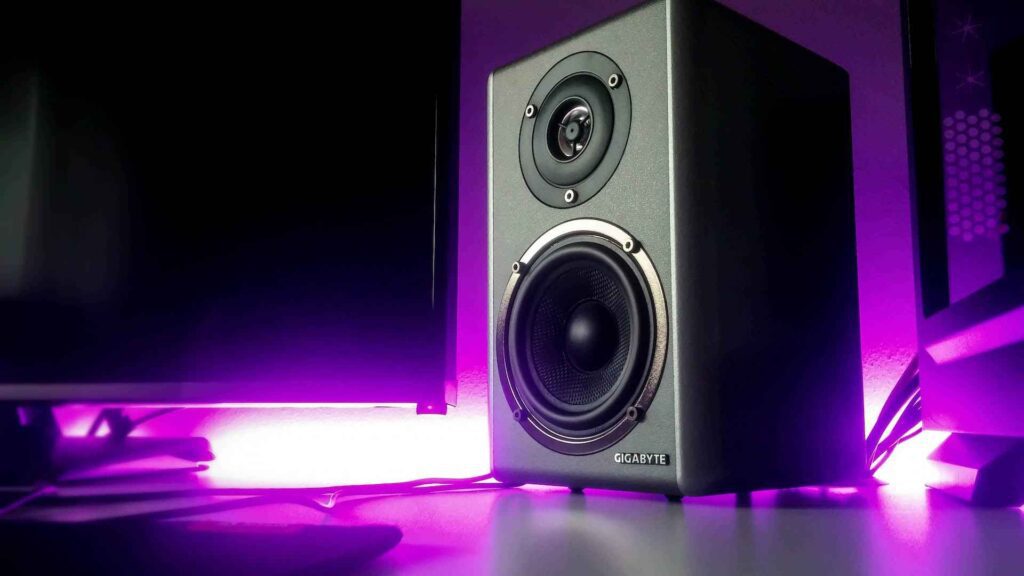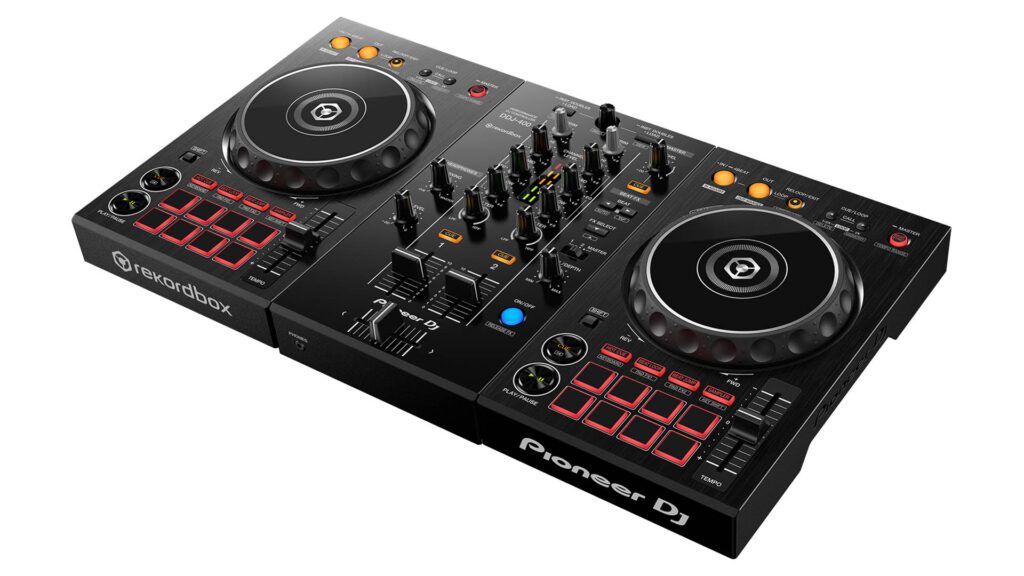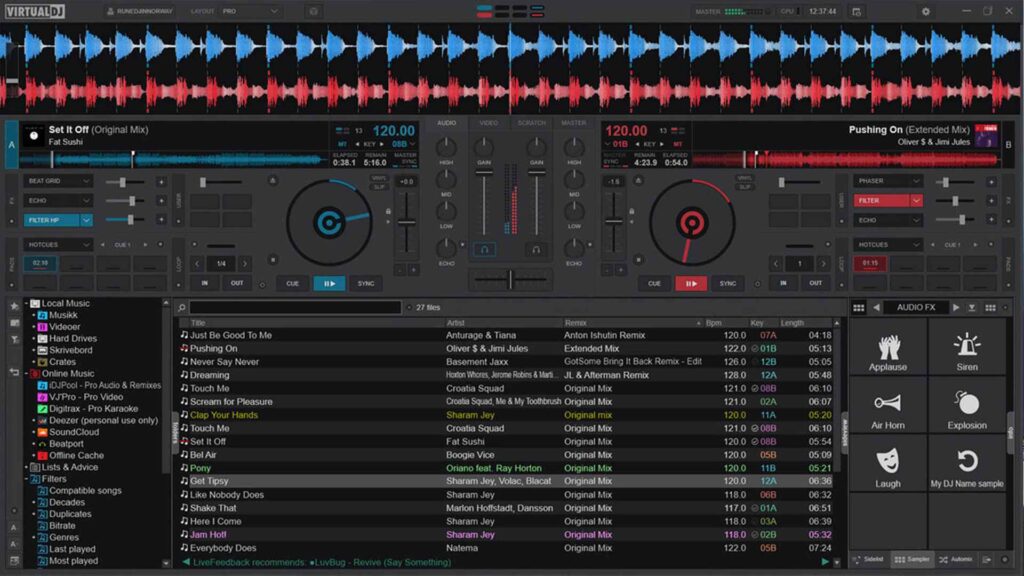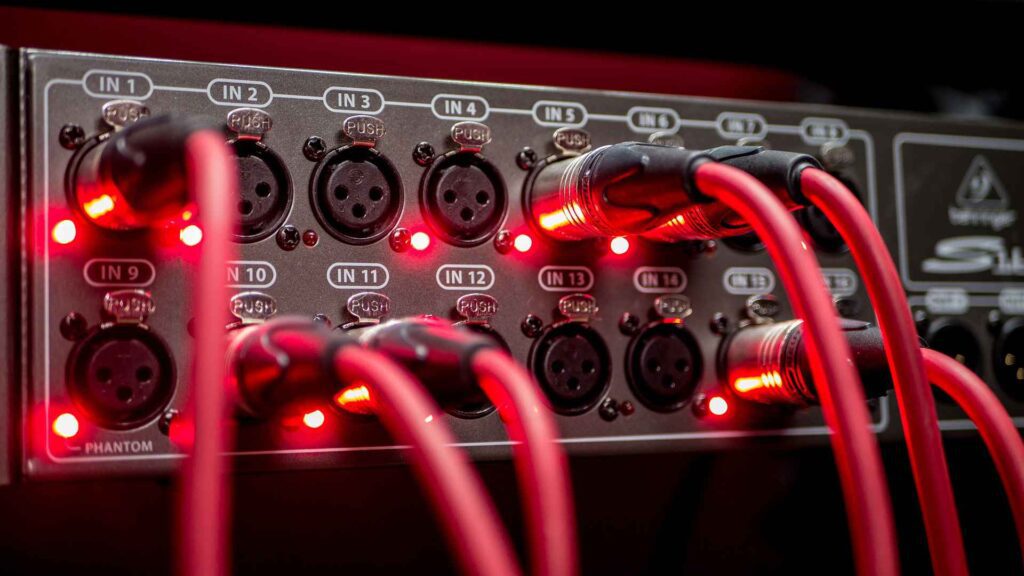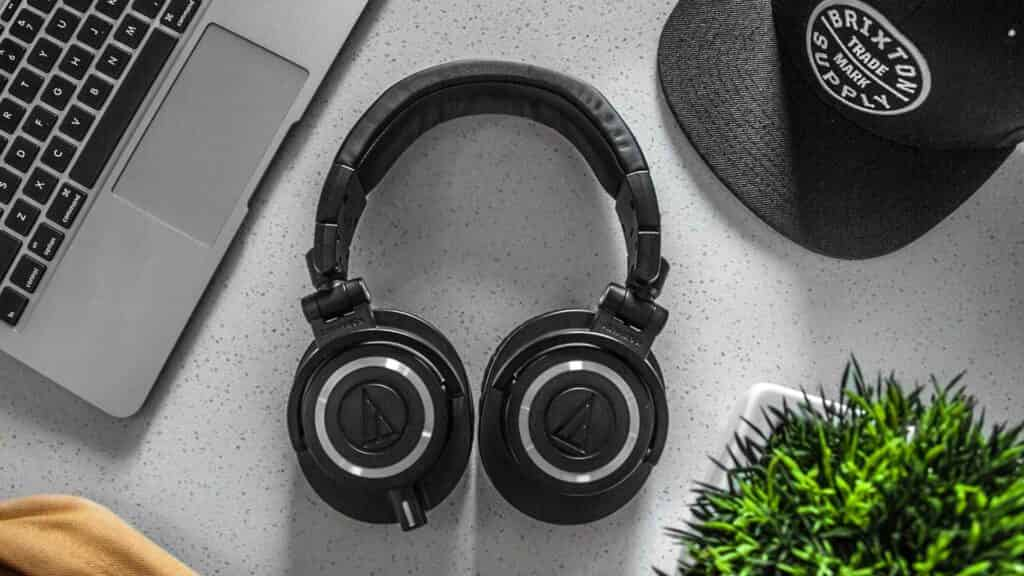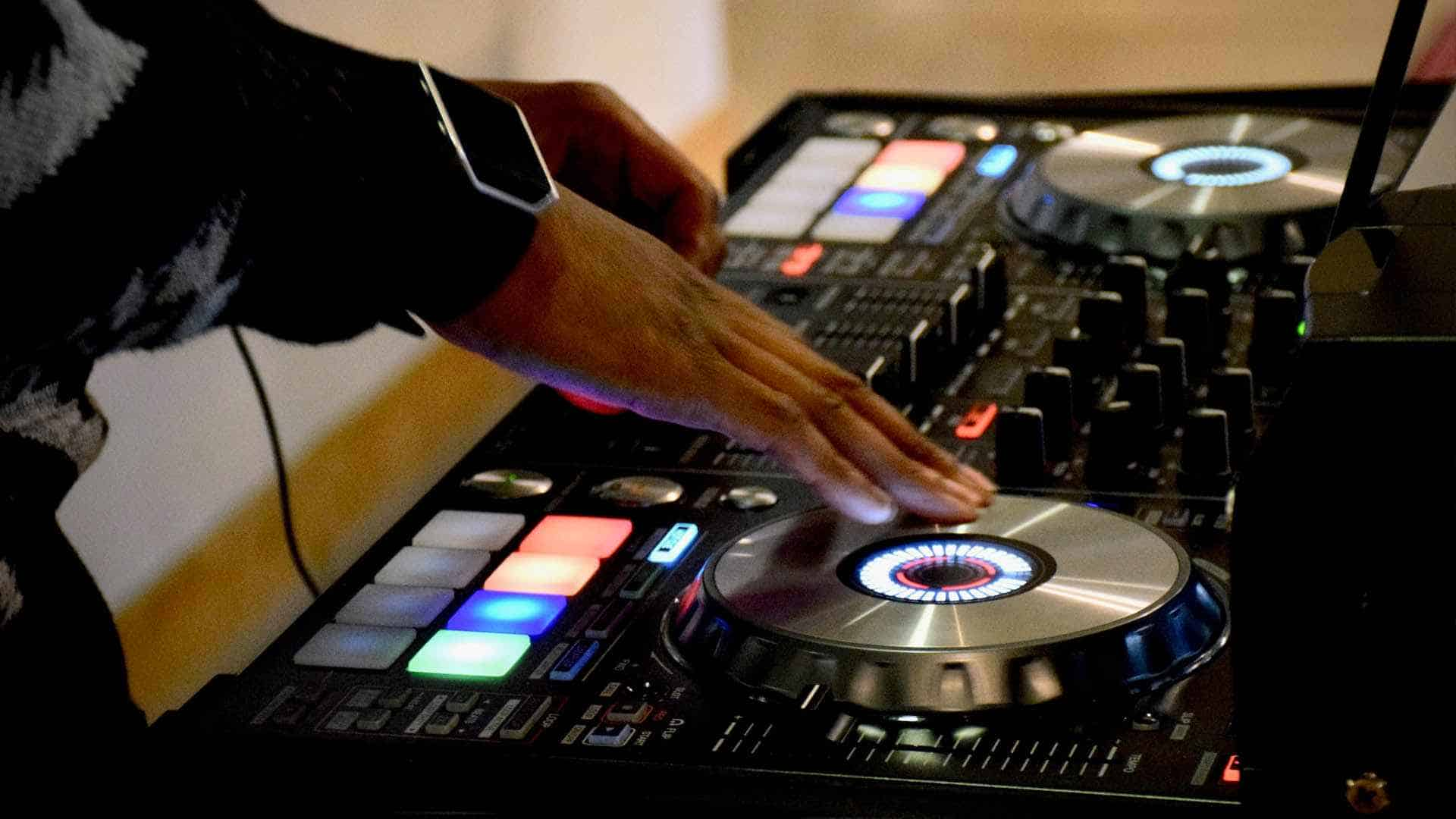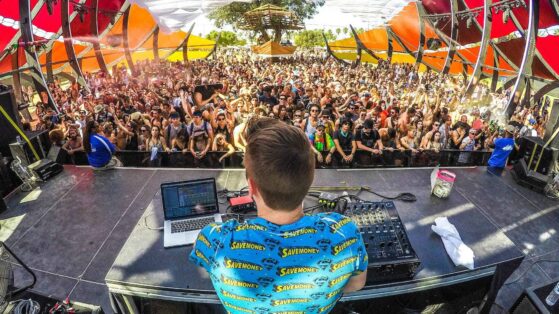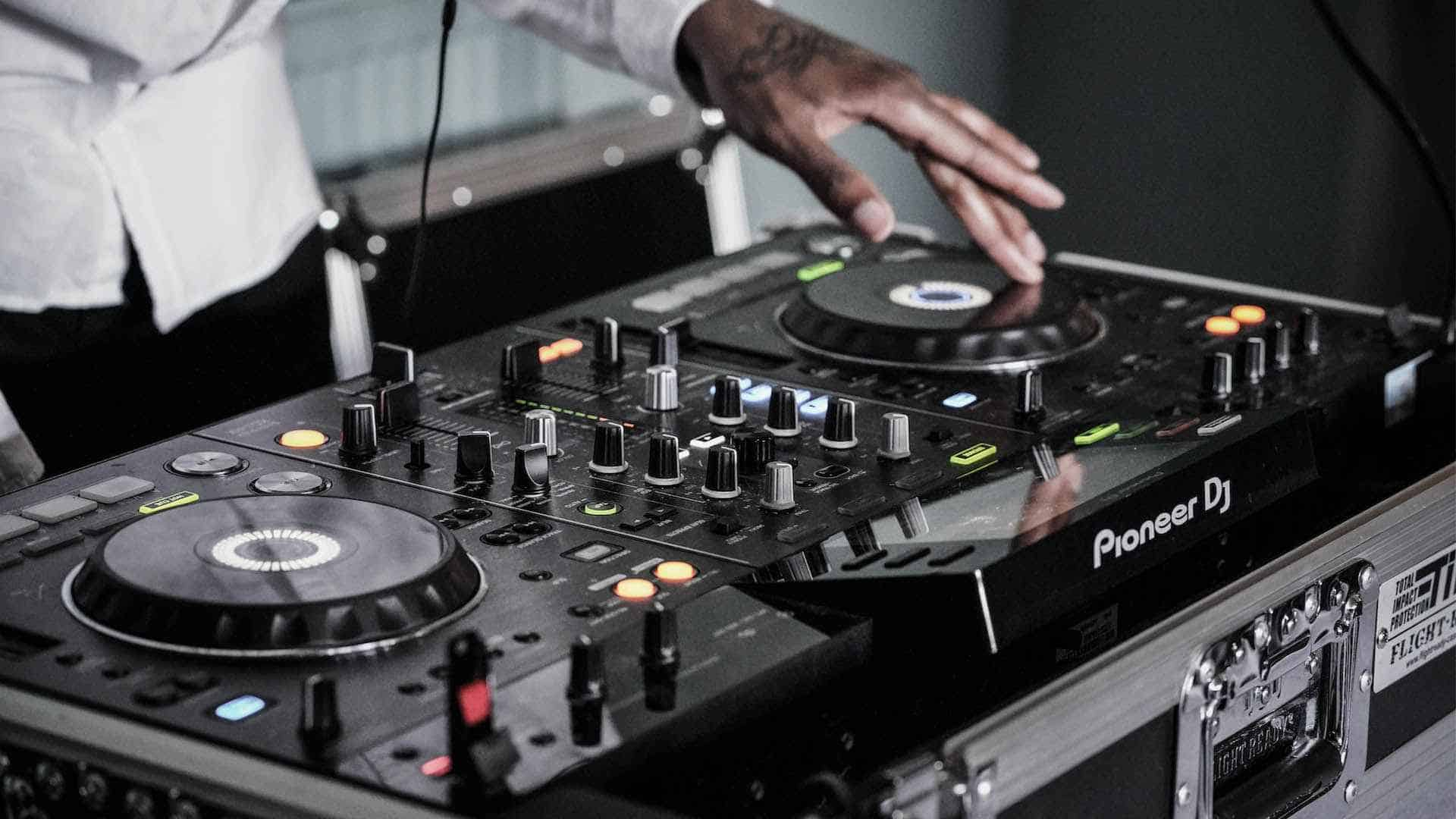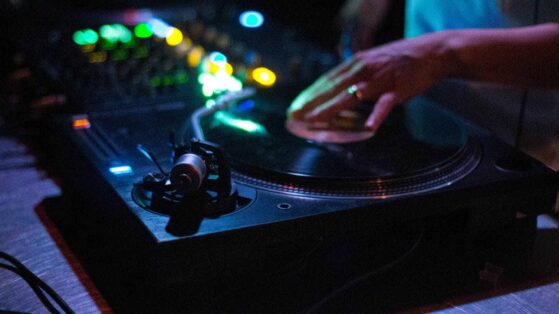
How Much Does A Radio Disc Jockey Make?: The Average Salary Of A Radio Disc Jockey
A radio disc jockey, or DJ, is a person who plays recorded music for an audience. A DJ typically works at a nightclub, bar, dance club, restaurant, or other venue that provides live entertainment. DJs also work in radio stations, where they select and play music according to the station’s format.
The average salary of a radio disc jockey can vary depending on their experience and the location of their job. In general, DJs who work in large cities and have many years of experience tend to earn higher salaries than those who work in smaller cities or have less experience. DJs who work for major radio stations also tend to earn more than those who work for smaller stations.
Radio Disc Jockey Salaries Worldwide
Do you want to know how much does a radio disc jockey make? The average salary for a radio dj varies greatly depending on the location and experience of the DJ. In the United States, the average salary for a radio dj is $32,000 per year. However, in some markets, such as New York City, Los Angeles, and San Francisco, the average salary can be closer to $100,000 per year. Radio DJs in other countries also earn different salaries. For example, in the United Kingdom, the average salary for a radio disc jockey is £21,000 per year.
Despite the wide range in salaries, there are some commonalities among radio DJs around the world. Most DJs start their careers working at small radio stations or as interns before eventually moving up to larger stations with bigger audiences. Additionally, many DJs supplement their income with other activities such as club DJing or producing and selling their own music.
Becoming a Radio Disc Jockey
While there is no formal education requirement to become a radio dj, many DJs have a degree in broadcasting or communications. Others may have degrees in music, although this is not required. Many DJs start their careers working at small radio stations or as interns before eventually moving up to larger stations with bigger audiences. Additionally, many DJs supplement their income with other activities such as club DJing or producing and selling their own music.
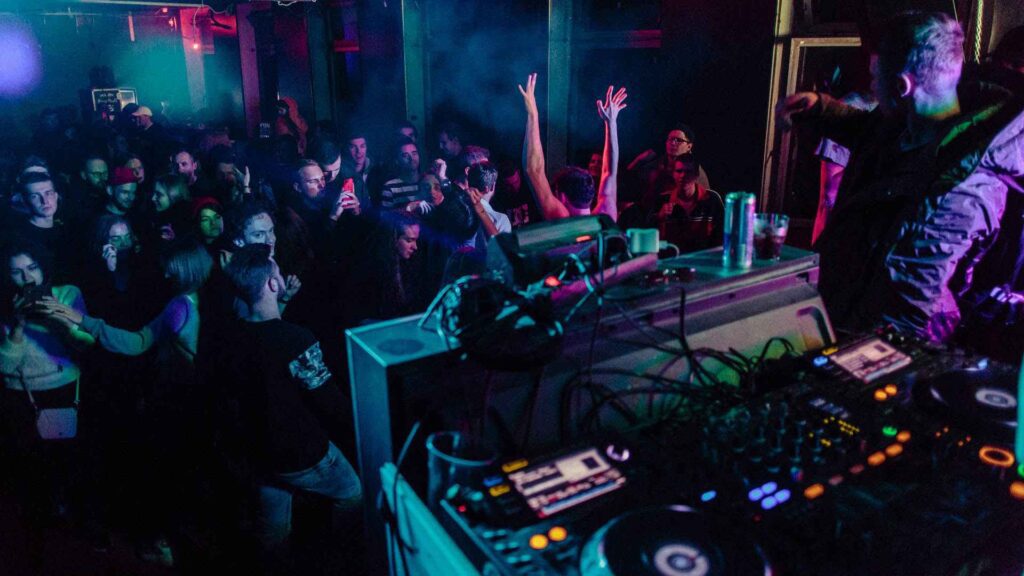
Average Salary of a Radio Disc Jockey in the United States
According to the website Payscale.com, the average salary for a radio dj in the United States is $32,874 per year. However, salaries can range from $19,292 to $49,964 per year, depending on experience and location. Radio disc jockeys typically work for commercial radio stations or non-commercial educational stations. They may also work for online radio stations or mobile DJs.
In addition to their salary, radio disc jockeys may also receive commissions or bonuses based on the number of listeners they have, the amount of time they spend on the air, or the number of sponsorships they secure.
The Average Salary of DJ in the UK
As a radio dj, you can earn a pretty penny. In fact, the average salary for a DJ in the United Kingdom is £29,000 per year. That’s not too shabby, considering that the median salary in the UK is only £27,000.
Of course, like with any job, your salary as a DJ will vary depending on your experience, the size of the market you’re working in, and the type of station you’re working for. In general, though, you can expect to earn a comfortable living as a radio disc jockey in the UK.
So, if you’re looking for a fun and exciting career that can also pay the bills, then a career in radio might be the perfect choice for you.
The Average Salary of a Radio Disc Jockey in Canada
As a radio dj, you can expect to earn an average salary of $33,000 per year in Canada. This salary will vary depending on the province or territory in which you work, as well as the specific radio station. In some cases, your salary may also be affected by the number of listeners that tune into your show.
Radio disc jockeys in the province of Ontario earn an average salary of $36,000 per year. Those working in the province of Quebec earn an average salary of $32,000 per year. Radio disc jockeys in the province of Alberta earn an average salary of $30,000 per year. Finally, radio disc jockeys in the province of British Columbia earn an average salary of $27,000 per year.
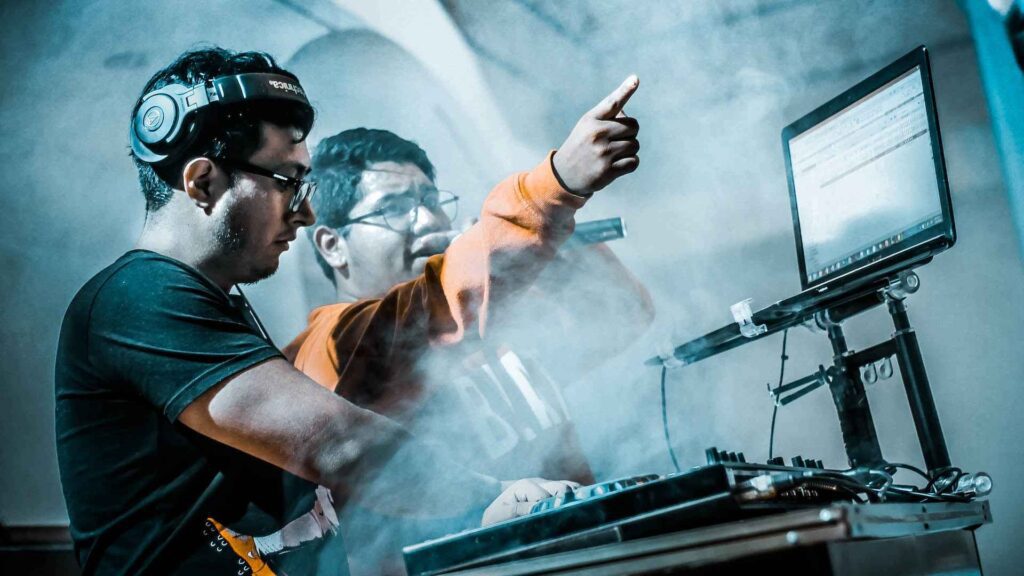
Conclusion
A radio disc jockey’s salary can vary greatly depending on their experience, the market they are in, and the size of the station they work for. However, the average salary for a radio disc jockey is $35,000 per year. With the right experience and market conditions, a radio disc jockey could make significantly more than this. If you are thinking about becoming a radio disc jockey, be sure to research salaries in your area so that you have an accurate picture of what you can expect to earn.

